Language development in children with Asperger Syndrome is often typical for verbal language but delayed in language use. “Compared with those affected by other forms of autism spectrum disorders those with Asperger syndrome (AS) do not have significant delays or difficulties in language or cognitive development,” states the “Autism Speak’s” website. Slow developing non-verbal language skills in children with Asperger syndrome impact their ability to request, direct and gain joint attention necessary for effective language use a relatively mild language disorder when compared with other spectrum disorders. Children with Asperger’s syndrome often develop an extensive vocabulary starting at approximately 12 months of age like their neurotypical peers. However, instead of first words like, “mama” or “dada,” they might say “airplane,” labeling an object that is of special interest to them. Even with these early words a pattern can be seen. Instead of naming the person that is closest to them and most significant they may name an object of interest. Vocabulary development in children with AS may begin with words related to special interests instead of words related to significant people
Some areas of language develop somewhat typical or advanced, nonverbal language development follows a different path. A study on non-verbal language in AS and neuro-typical children by Sally Ozonoff and colleagues found that at 6 months of age children with Asperger syndrome’s used face gazing, shared smiles and vocalization similarly to neuro-typical children; however, by 12 months of age non-verbal communication in the AS population had begun to decline. This declining non-verbal language impacts overall language development because non-verbal language is the structure that supports functional communication.
The ability to use language relies heavily on an adequate non-verbal language foundation that begins developing in infancy. Without this foundation, language use is significantly affected. For example, people with AS have difficulty effectively conveying a story, describing pictures, comprehending books with complicated relationships, as well as, conversing with co-workers, educators, and peers. These challenges are caused by communication that is not rooted in relationships which is a societal norm. For example, in a written school assignment someone with AS won’t think about the needs of the reader they may simply write everything they know on the topic. Typically developing children do this as well, but they learn to tailor their writing to the reader. Eventually AS child can also learn to adapt to the reader with direct instruction. Although language development appears somewhat typical in people with AS when compared to other forms of autism their language challenges are at a higher level and more complex than language disorders seen in other forms of autism.
Contributing author: Alicia Guerreiro

